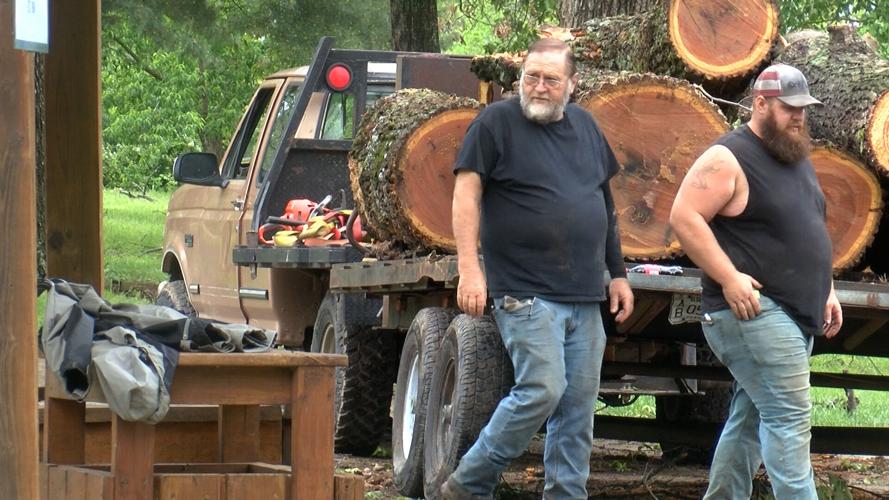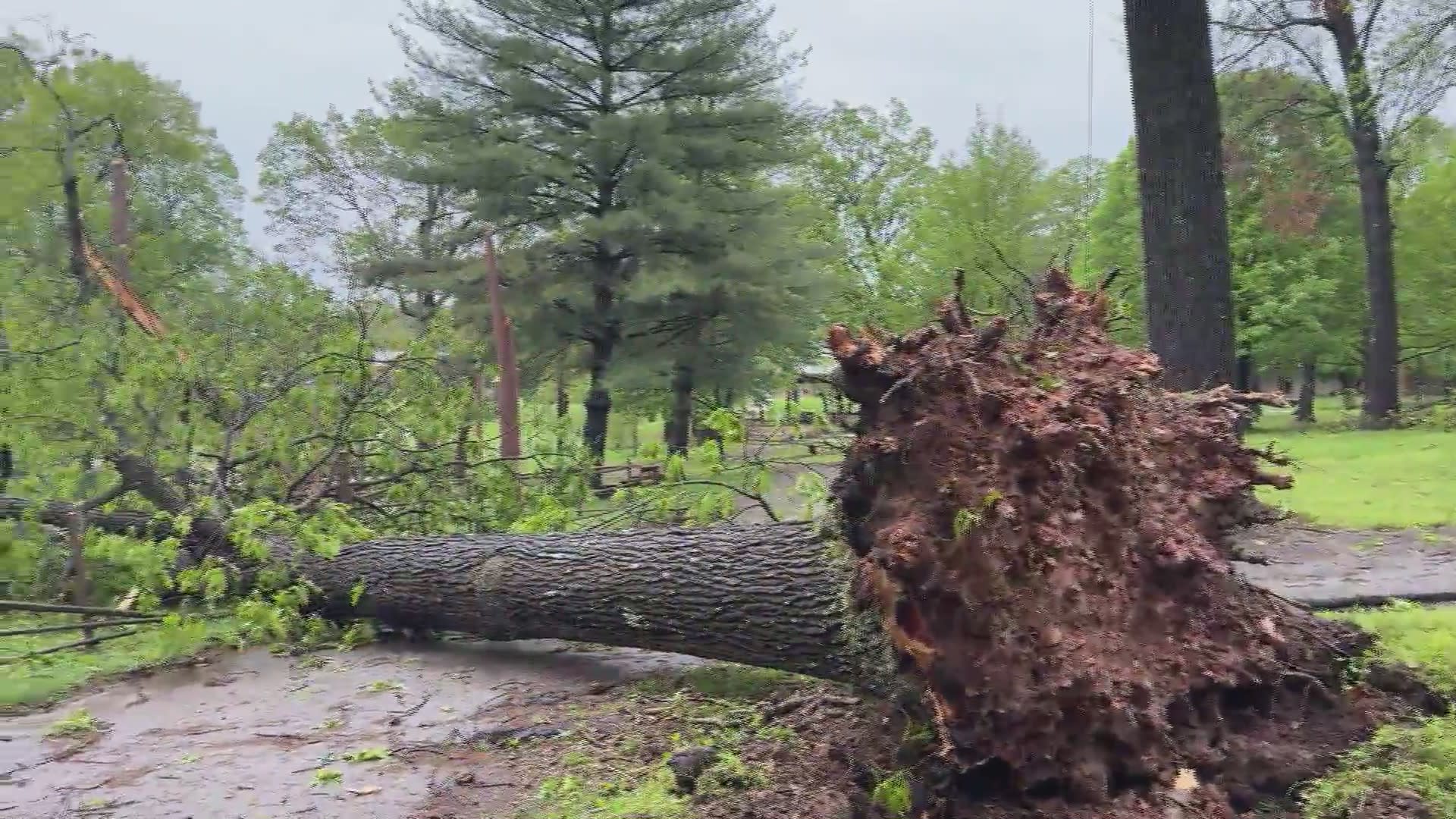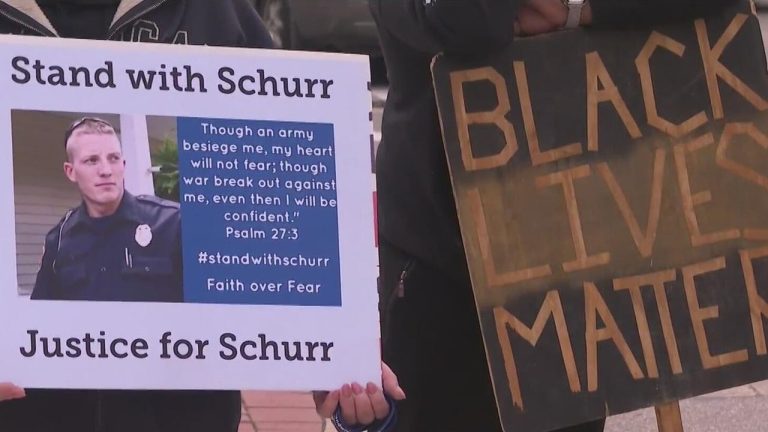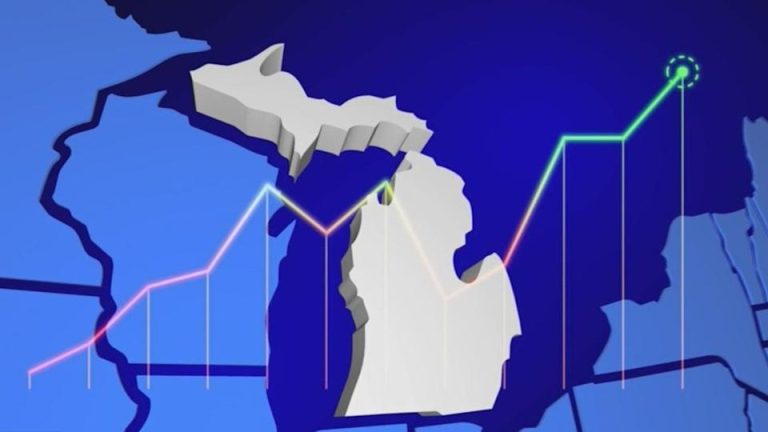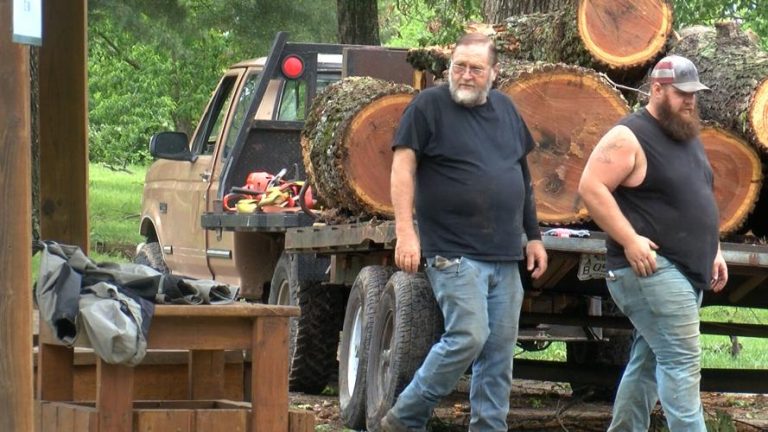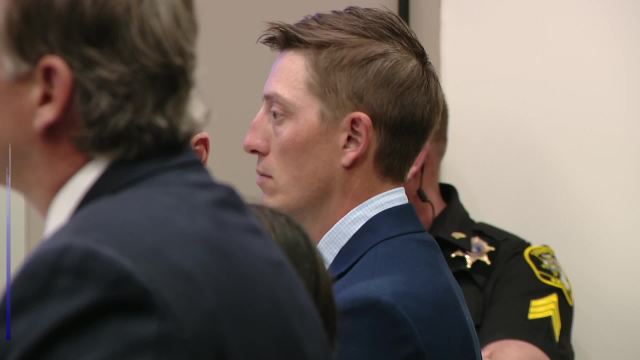Michigan News
U.S. News
Dueling Protests Spark Tension Outside Michigan Courthouse During Christopher Schurr’s Trial
The air was charged outside the Kent County Courthouse in Michigan this week when two vastly different groups of protesters...
Michigan Unveils Nearly 2,000 Pages of Election Training Materials Amid Oversight Scrutiny
In a significant move toward transparency, the State of Michigan made nearly 2,000 pages of election training materials available to...
Powerball Winner Who Took Home $167M Arrested for Allegedly Kicking Cop in Florida
A winning lottery ticket is often a wish fulfilled. For Kentucky native James Farthing, who recently claimed a life-changing $167.3...
53-Year Sentence for Man in Brutal Killing of 6-Year-Old Palestinian American Boy
In a highly charged and tragic case that shook neighborhoods and reopened the debate about hate crimes in America, an...
Family of Jan. 6 Rioter Ashli Babbitt and Government Agree on Settlement Terms
In a decision that has once more opened up fresh controversies surrounding the January 6, 2021, events, the United States...
Reed City’s Gus Rohde Signs with Michigan State for Cross Country and Track
It's Reed City High School, and senior distance star Gus Rohde, on paper, is getting to Michigan State University. Last...



